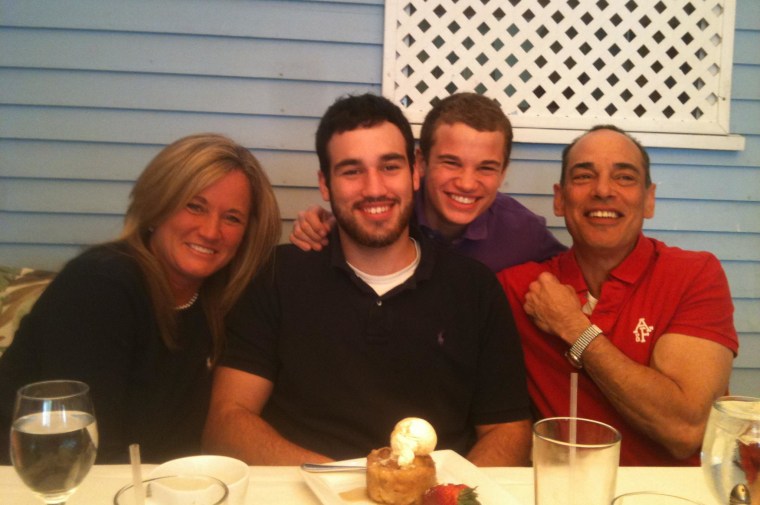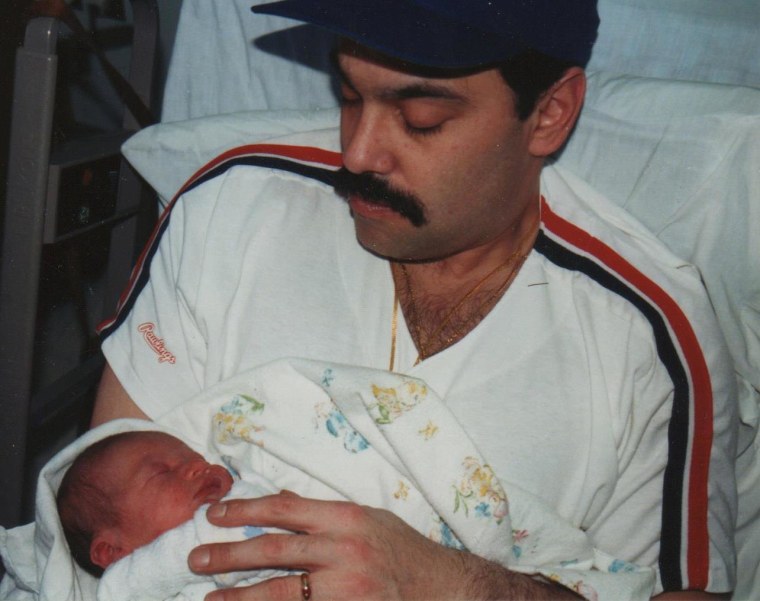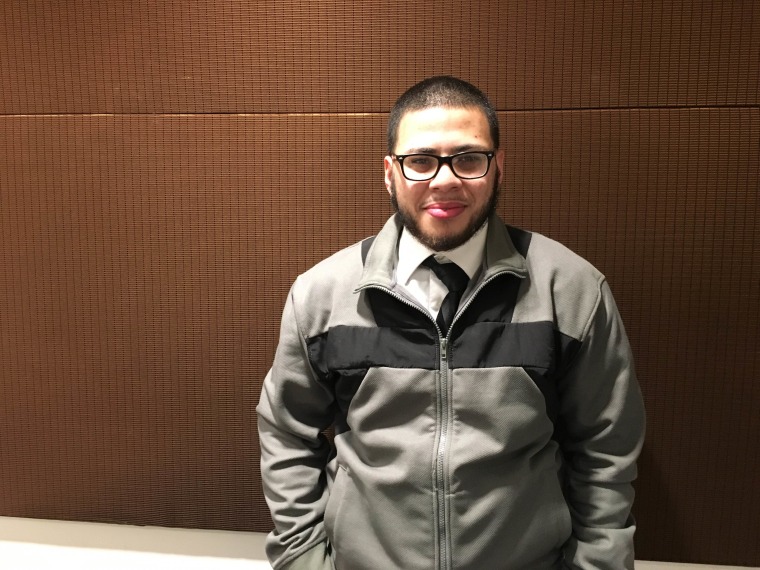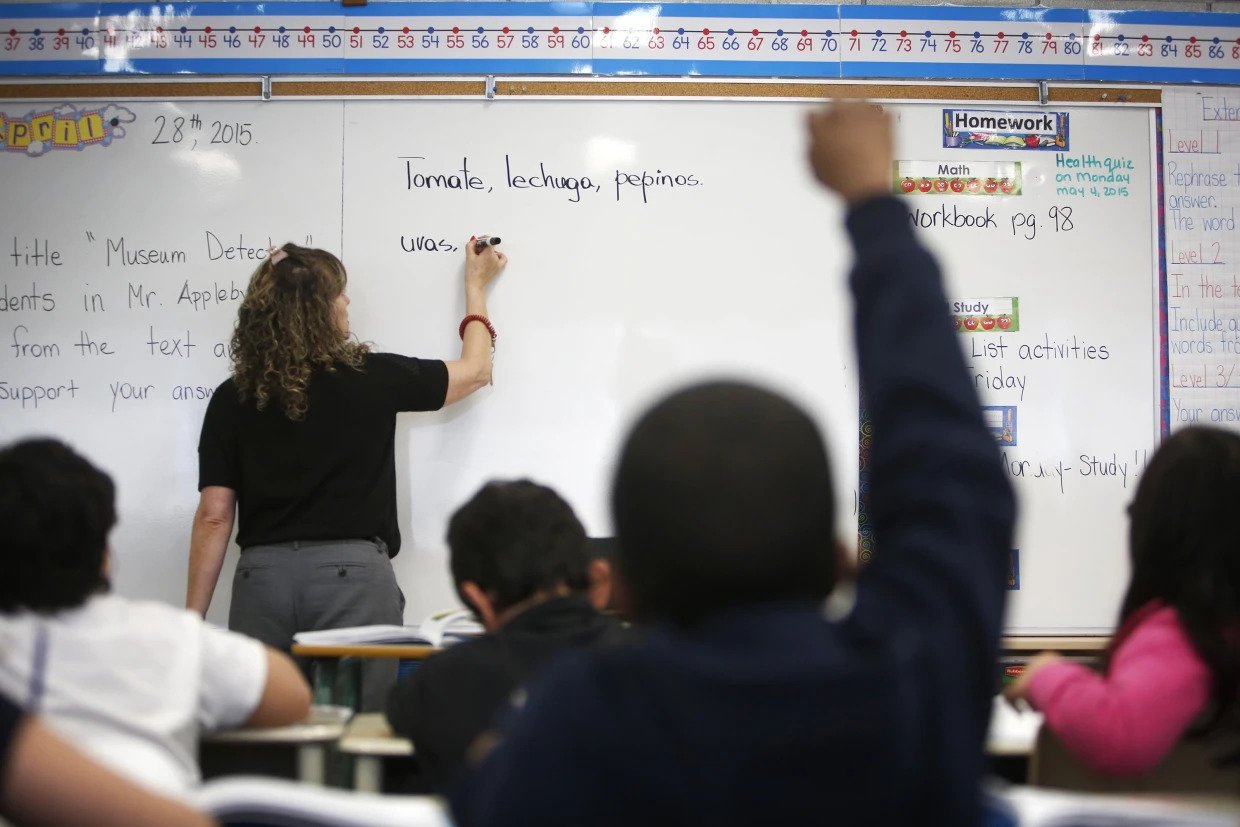Am I Hispanic enough? Am I American enough? This is the dilemma that many Latinos face at some point in their lives, whether they are 1st or 5th generation.
Part of this is the tension in answering people’s assumptions, expectations and yes, stereotypes that exist about what “constitutes” a Hispanic. And these assumptions come from both inside and outside the Latino community.
We spoke to three young men who have different upbringings and unique backgrounds. Yet they have one trait in common: their love for their roots, and their candor at some of the challenges they have while trying to explain their cultural identities.

Taylor Stewart’s name may not “sound” Latino. Yet the 24 year old has a fascinating background that has led him cultivate his Hispanic heritage and make it a point to give back.
Taylor was born in Bar Harbor, Maine to a white, non-Latina mom and a Mexican-American dad. The family also lived in Florida for a few years when Taylor was young.
His grandfather was Juan José Ortega, a Mexican movie director in the “Golden Age” of Mexican cinema in the 50s and 60s. Taylor’s grandmother, Joanne. was a young American woman who met Ortega while she was filming one of his movies in Mexico. She was 19 and Ortega was in his mid-50s when they fell in love and eloped. She later found out he was married and had several mistresses. When she became pregnant, she went back to the U.S. and gave her baby up for adoption.
Taylor’s father, Jonathan Stewart II, was born in Boston and raised by two non-Latino white doctors in Maine, Nancy and Winston Stewart. Although Taylor’s dad grew up surrounded by the love of his adoptive family, he always felt different because he lived in a very white town; he was often bullied and ostracized by his classmates in school because of his darker skin color.
Taylor’s father hated being different from others. Being Hispanic was something that he felt more ashamed of than proud.
“Growing up listening to my dad’s story was sad because he was never able to embrace his roots,” Taylor says.
RELATED: This Latina is Spearheading 1st Spanish-Language Yoga Teacher Training
Unlike his dad, Taylor was very lucky to grow up in a warm environment where he could be proud of whoever he wanted to be.
“Embracing my Hispanic background is something I owe to my dad because he never had the opportunity to do so and I did. Plus, it is a part of who I am as a person.”
Taylor’s connection with his Hispanic roots has had a huge impact in his life and has motivated him to serve his community. Currently in law school at Rutgers University in New Jersey, he works with ALLIANZA, the Latino Law Student Association to promote Hispanic heritage and provide help to the Hispanic community. Through ALLIANZA, Taylor often volunteers in soup kitchens and local shelters.

“My heritage has opened doors for giving back to the Hispanic community that I now feel more identified with,” he explains.
RELATED: 6 Bilingual Bloggers Who Can Help Your Kids Learn Spanish
The only regret that Taylor has as a U.S. Latino is that he does not speak Spanish; he grew up in an English-speaking household.
Yet he feels that does not make him feel less proud of his roots. Taylor thinks that it is unfair for people to judge or say that you are less Hispanic because you do not speak Spanish.
“I have met a lot people within the Hispanic community that never learned Spanish because it was a conscientious decision to assimilate to the American culture, especially back in the days. They were almost forced to only learn English,” he says.
He does believe that speaking Spanish is a great asset to have.
“I want to embrace the culture and understand the necessities of the Hispanic community more profoundly so my next step is to learn Spanish because there is a large part of community that do not speak English and that would be a great way to communicate.”

For Joshua Camacho, 21, being Hispanic is about embracing “the culture;” he was born in Brooklyn to Puerto Rican parents. Some of his best early childhood memories revolve around eating his aunt’s delicious Puerto Rican food like mofongo, arroz con gandules y tostones and listening to Hector Lavoe.
Although he considers himself a real borícua, “I feel judged all the time at work because I do not speak Spanish.”
Joshua says the majority of his co-workers are Mexican and they speak Spanish very fast so every time they talk to him, he feels lost.

